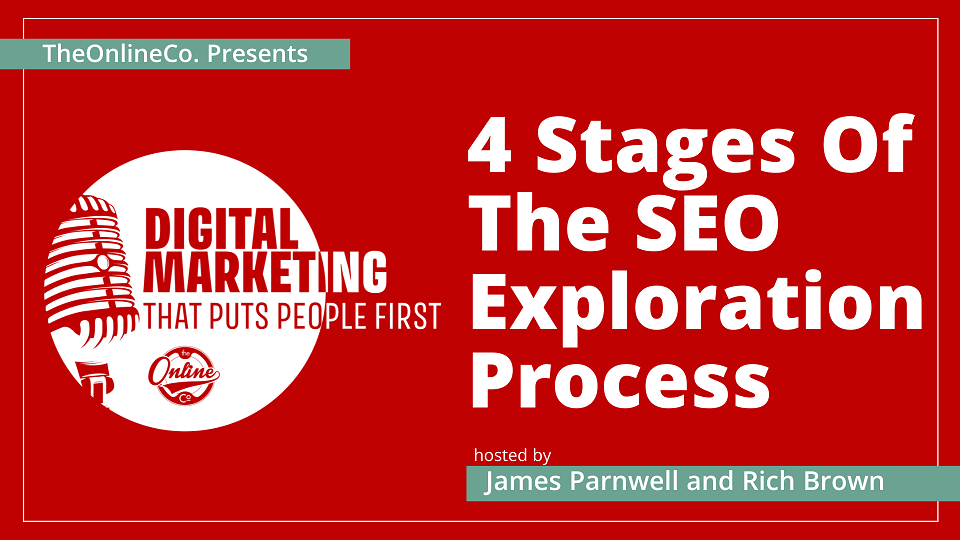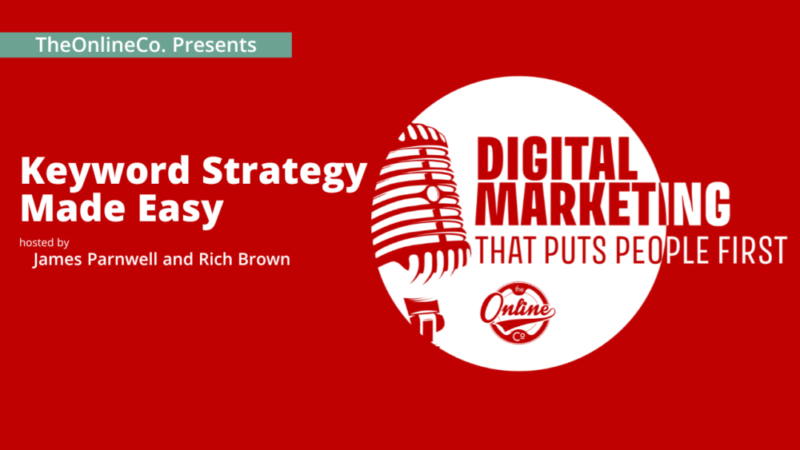SEO is one of those terms we hear often these days. It’s part of the language of the digital world in which we’re caught up. But how many of us even know what it stands for?
S: Search
E: Engine
O: Optimisation
And, quite simply, it’s the process of making Google ‘like’ your website.
So, why should you SEO your website? Let’s take a look at some of the reasons:
-
Your website is the face of your business.
In this day and age, your website doesn’t explain your business: it is your business!
Let’s take a step back in time… in the 1970’s, people’s businesses were generally represented by their physical location. So, be it a warehouse, an office or a store, that was the business. If you wanted to know anything about the business, you had to either visit the premises, call them on the phone or write to them using snail mail. So, in short, the business revolved around that physical place where people were.
There was a time, during the 1990’s, when businesses relied on their physical location but had websites too, rather like a brochure.
That was then. This is now. And nowadays it doesn’t work like that. Nowadays, customer’s demands and usage have evolved, and modern business revolves around your website. People want information and they want it quickly. They won’t bother to visit your premises or call you on the phone. Instead, they’ll look up your website to see what you do, if you can help them and, in general, what you’re about.
With this in mind, your website essentially becomes the ‘face’ of your business. And we all know that first impressions count! You may have a great business, but if you have a cheap, slow-loading, ugly, difficult-to-use website, you’ll give your potential customers the impression that you have a lousy business. If you have a cheap website, they’ll think you’re a cheap business. If yours is a classy business, you need a classy website.
-
Google is King
Google owns over 90% of Australia’s search market. There are other search engines out there, such as Bing and Yahoo, which have a couple of percents market share, but Google has been punching over 90% of Australia’s searches for a number of years now. So, if you can’t find yourself in Google, you potentially don’t exist!
-
The Front Page Matters
The people on the front page of Google are the ones getting the sales. When was the last time you went to the second page of Google? The data tells us that 99% of people don’t bother with the second page, so, even though you may be top of page 2, you basically don’t exist. The raw fact is that the top few positions on page 1 are the ones that are most likely to get the clicks. If you’re not on that front page, you’re missing out. It’s as simple as that!
-
Google ain’t Human!
Google is a robot called Googlebot, not a person. Essentially, this Googlebot comes along and views all the code on your website. It can’t view images, it can’t watch videos, it doesn’t care what colour things are; it just looks at the code. And mostly that is the keywords that you’re using on your website. So, if you aren’t telling Google about your business by using relevant keywords relating to the industry you’re in, or the products and services you offer, it simply won’t know what you do. Obviously, as humans, we can look and ‘read between the lines’. For example, you may view a website and say ‘oh, this guy is talking about living a better life, but I can tell he’s a Chiropractor’. Google can’t tell! In this case, you need to say clearly ‘I’m a chiropractor in Sydney’, so it knows to include you when people search ‘Chiropractor Sydney’.
-
Technical SEO
You need to be optimizing the code on your website so that the Googlebot likes it. Here are a few ways to help this happen:
- Your meta titles must include your keywords
- Your meta descriptions need to help people click through to our website
- The website must load quickly so people don’t get bored and click out
- You need to include a sitemap so Google knows about all yourpages
- You need to include a robot.txt file so Google knows which pages not to look at
In truth, Google’s algorithm takes more than 200 factors into account! Technical SEO covers a lot, but not all of them.
-
Blogging
If you are regularly adding genuinely helpful information relating to your product or service to your website in the form of blogs, you are achieving a number of goals:
- You are helping people and demonstrating your expertise,
- You are probably getting ranked by Google for a whole stack of other terms over and above what you optimized for.
These extra terms may be long-tail words (keywords with 3 or more words) and you might find yourself ranking for some smaller keywords too. The other thing you are doing is telling Google that your website is up-to-date and the content is fresh. If you have a website that is updated weekly, this tells Google that you are a more engaged business than your competitor, who’s website hasn’t been updated for 2 years.
-
Backlinking
Over time there’s been some nasty stories about backlinking: people either saying it doesn’t work or abusing it and getting penalized by Google. The simple way to think about backlinking is to view it as a public relations exercise – who is out there that you can get to talk about you in a positive way?
You can achieve this using a number of strategies:
- Guest blogs on other relevant websites
- Links on directories
- Be involved in industry pages (eg: The Dental Association, for dentists)
- Other sites such as forums
The rule of thumb is that if it’s likely that someone is going to read and actually click through to your website via that link, then that’s a healthy backlink. Any attempt to game Google’s system using backlinks is a bad idea and should be avoided at all cost!
-
Local SEO
This tells Google where you are physically located. The way to do this is to create a Google My Business page, put your name, address and phone number on it and connect it to your website. This allows Google to rank you in the Local Pack – the map that comes up when you type in, for example, ‘Chiropractor Sydney’… It will show you a map with 3 Chiropractors in Sydney, and dots indicating where they are physically located. This is one very important factor with Google and it doesn’t take long. Google will verify your address so that users can’t spam the system, then you’ll have a verified listing!
-
Testing, analyzing…
It’s one thing to get people to your website, but what they are doing once they’re there?
- Are they clicking back because it doesn’t load?
- Are they clicking back because it doesn’t have any relevant information?
- Are they hanging around certain pages and content? If so, how can you entice them to take that next step?
- Are they watching videos?
- Are they contacting you?
- You can use Google Analytics to investigate how people are using your website and make changes to make it a better and more meaningful experience for your potential customers.
So, that’s 9 of the reasons you should SEO, all of which have 3 common goals:
- to help you grow your business
- to help you get more sales
- to make your presence greater
Your website is the keystone of your marketing campaign, and SEO is your primary weapon to promote your website.
The team at TheOnlineCo. are experts in SEO and we’re here to make it happen for you. Call us today on 1300 651 527 with any questions – we’d be glad to help.

(Pin me!)




This Post Has 0 Comments